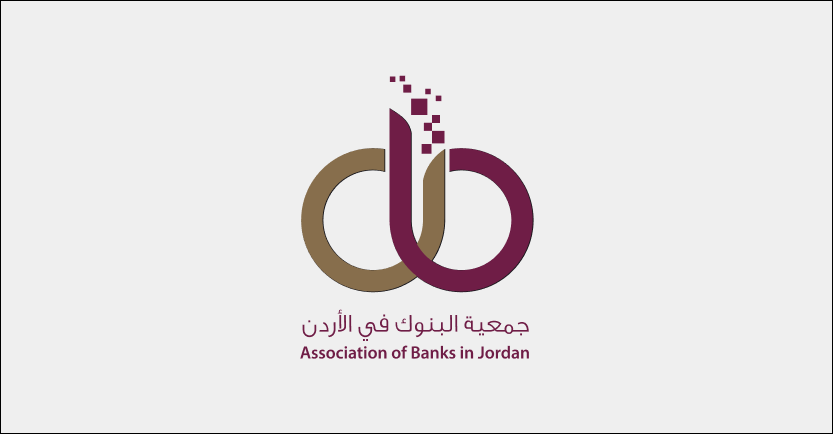
Al-Salem: The new credit rating is a result of the Kingdom’s efforts, flexible economic performance, and prudent financial and monetary policies.
Al-Mahrouq: One of the most significant factors in the credit rating improvement is linked to strong national institutions, improved environmental and social governance.
The Association of Banks in Jordan emphasized the great importance of Moody’s announcement of upgrading Jordan’s rating to Ba3 with a stable outlook.
In a statement issued today, Saturday, the association stated that this is the first time Moody’s has raised Jordan’s credit rating since it was set in 2003 due to regional and global challenges and their implications on the Kingdom during this period, which witnessed unprecedented events such as the Iraq War, the global financial crisis, the Arab Spring events, developments in the Middle East region, and the Arab world as a whole, in addition to the COVID-19 pandemic, the Russian-Ukrainian war, global inflation increase, and tight monetary policies.
The Association of Banks in Jordan pointed out that the upgrade of Jordan’s credit rating by Moody’s from B1 to Ba3 with a change in the outlook from positive to stable reflects the success and effectiveness of public finance management, macroeconomic performance, and measures taken to mitigate risks, which contributed to enhancing Jordan’s resilience against external shocks and ongoing geopolitical conflicts in the region.
Bassam Khalil Al-Salem, Chairman of the Association of Banks in Jordan, stated that the announcement of the improvement in the Kingdom’s sovereign credit rating comes concurrently with the geopolitical developments in the Middle East region, in addition to the significant challenges facing the global economy such as the Russian-Ukrainian war, tight monetary policies worldwide, rising shipping costs, and others, which confirms the resilience, strength, and stability of the Jordanian economy and its elements, affirming that Jordan is an oasis of security and stability amidst a turbulent region.
Al-Salem said that this improvement would not have occurred without the significant efforts made by the Jordanian government and various national institutions to preserve and enhance national achievements and build upon them, praising the role of the Central Bank of Jordan in maintaining monetary and financial stability in the Kingdom, which constituted a strong infrastructure for sustaining economic growth and maintaining the attractiveness of the national economy to investors. Al-Salem also praised the efforts of the Ministry of Finance in regulating public finances, improving revenues, reducing budget deficit levels, and ensuring the sustainability of public debt.
Al-Salem stated that the upgrade of Jordan’s credit rating will have significant positive implications for the national economy, public finances, and the Kingdom’s attractiveness to foreign investment, confirming that this will enhance the attractiveness of Jordanian sovereign bonds, which Jordan previously issued at preferential interest rates.
On his part, Dr. Maher Al-Mahrouq, Director General of the Association of Banks in Jordan, stated that one of the key factors in Jordan’s rating upgrade to Ba3 is the presence of strong policy-making institutions, emphasizing that the Central Bank of Jordan and its significant and diverse efforts in this field have played a major role in supporting these institutions, especially since it is the regulatory and supervisory authority over the financial sector, which is one of the largest and most interconnected sectors in the Kingdom, in addition to the Central Bank’s prudent management of monetary policy, including its success in maintaining monetary and financial stability in the Kingdom and preserving the attractiveness of the Jordanian dinar and retaining comfortable levels of foreign reserves.
Regarding environmental and social governance, Al-Mahrouq affirmed that despite the existing environmental and social risks, Jordan’s significant efforts during the past decade have effectively contributed to improving environmental and social governance in the Kingdom, which has been reinforced through the financial sector’s engagement in these practices and in green finance areas led by the Central Bank of Jordan through the green financing strategy.





